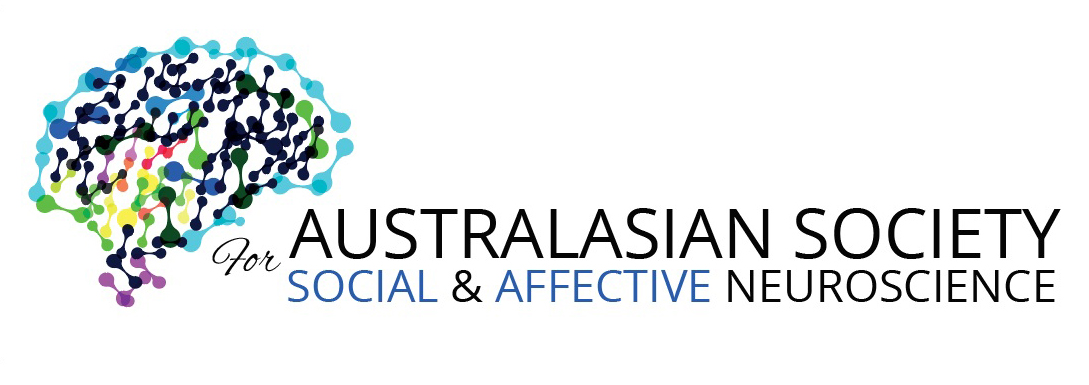Keynotes
Prof Adriana Galván
Dr. Adriana Galván is a Professor of Psychology and the Dean of Undergraduate Education at the University of California, Los Angeles who is committed to improving the scientific understanding of adolescence. She is also the Co-Executive Director of the UCLA Center for the Developing Adolescent. As a neuroscientist her career has been focused on adolescent brain development and how it supports developmental milestones during this significant developmental window. Her research expertise focuses on characterizing the neural mechanisms underlying adolescent behavior to inform policies that impact young people. Dr. Galván has published over 130 scientific articles on the topic and is the author of The Neuroscience of Adolescence (Cambridge University Press). Her research, generously funded by the National Institutes of Health, National Science Foundation, and numerous private foundations, has been featured in several media outlets including The New York Times, Washington Post, PBSNewsHour, and NPR. She received her B.A. in Neuroscience and Behavior from Barnard College, Columbia University, and her Ph.D. in Neuroscience from Cornell. She has received multiple recognitions for her work, including from the National Academy of Sciences, American Psychological Association, Cognitive Neuroscience Society and William T. Grant Foundation. In 2018 she was a Fulbright Scholar in Barcelona and in 2019 she received the White House Presidential Early Career Award for Science and Engineers (PECASE) award.
Prof Bronwyn Graham
Professor Bronwyn Graham is a clinical psychologist and behavioural neuroscientist at UNSW. Bronwyn’s research examines how female-unique factors, like fluctuating sex hormones and pregnancy, impact women’s mental health. She employs a cross-species translational methodology, in which she first investigates the hormonal regulation of behaviour in non-human animals, and then tests the application of these findings in clinical populations. Bronwyn has held numerous fellowships, including an ARC DECRA, a UK-based MQ Fellowship, an American Australian Association Neurological Fellowship, and she has received continuous funding from the ARC since 2014. Bronwyn’s awards include a Psychological Science ‘rising star’, a NSW Young Tall Poppy, and the Biological Psychiatry Aubrey Lewis Award. Bronwyn regularly appears in the media and she disseminates her findings to health professionals through collaborations with organisations including AnxietyUK and Black Dog Institute.
Dr Lindsay Oberman
Dr. Lindsay Oberman received her PhD from UCSD in Experimental Psychology in 2007. Since that time, she has published over 60 peer-reviewed articles. She has gained international attention for pioneering the use of Repetitive Transcranial Magnetic Stimulation (rTMS) in complex neurodevelopmental and neuropsychiatric disorders including autism, mood disorders, and traumatic brain injury. Dr. Oberman’s research involves the use of an experimental therapeutics approach applying neuroimaging and neurophysiological measures to identify dysfunctional neural circuitry associated with specific transdiagnostic behavioral domains such as mood regulation, sensory processing, social cognition, and executive functioning across disorders. In doing so, she is able to develop novel individualized rTMS treatment protocols that are informed by functional brain network organization. She is currently a Staff Scientist and Directs the Developmental Clinical Neurophysiology and Neurostimulation Research Program within the National Institute of Mental Health Intramural Research Program.
Dr Caroline Charpentier
Dr Caroline Charpentier is an assistant professor in the Department of Psychology and the Brain and Behavior Institute at the University of Maryland, College Park, USA. She obtained her PhD in Cognitive Neuroscience at University College London, UK, with her dissertation focusing on the interaction between emotions and decision-making. She then completed her postdoctoral training at the California Institute of Technology, studying the behavioral, neural, and computational mechanisms of social learning and decision-making. Her research is interdisciplinary, drawing from social neuroscience, behavioral economics and computational psychiatry. She has received funding from the Wellcome Trust (Sir Henry Wellcome Postdoctoral Fellowship) and is currently supported by a K99/R00 Pathway to Independence award from the National Institute of Mental Health, investigating the neuro-computational mechanisms of social learning and variation along psychiatric symptom dimensions and in autism.





